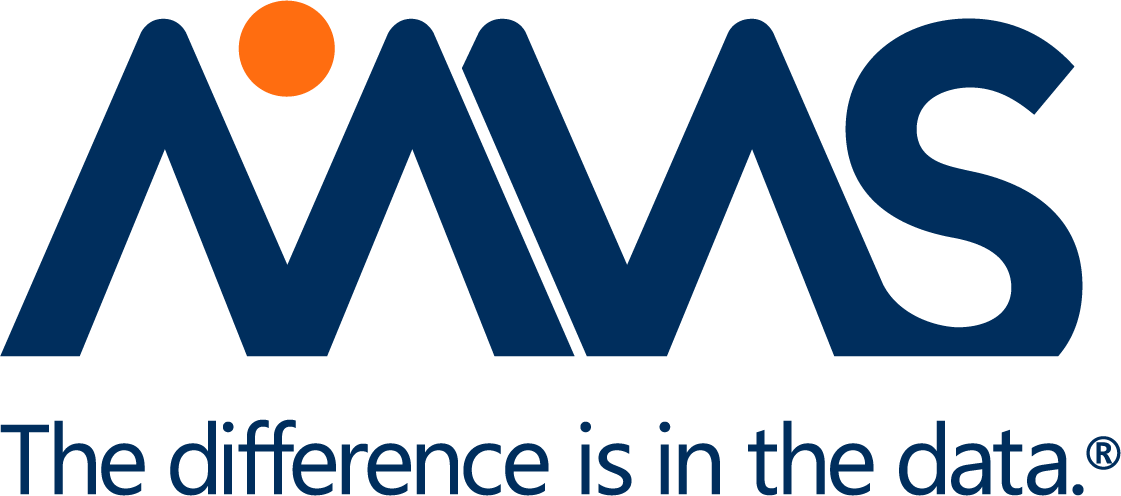Over the past several years, there has been a rapidly growing interest in applying Artificial Intelligence (AI) to nearly all sectors of the life sciences industry, especially in global medical writing. With its use in drug discovery1, clinical trial design2, and personalized medicine3, AI is transforming the approach to healthcare-focused research and development.
This is expected to reduce drug development costs, accelerate the drug approval process, and improve patient health outcomes4,5.
AI in Global Medical Writing
Global Medical writers play an important role in the drug development process, authoring regulatory, scientific, and clinical documents that communicate scientific and clinical information and data at multiple steps of the drug development process. Expectedly, AI has permeated the global medical writing field and gained significant traction in recent years.
AI‑powered tools have been developed to improve medical writing efficiency and reduce the time it takes to author documents. These tools assist the medical writer in numerous ways, including:
- Content Generation: AI can generate text for plain language summaries, clinical study reports, clinical study protocols, publications, etc., from source documents and clinical trial databases.
- Organizing Information: AI can help organize information and create outlines.
- Formatting: AI can automatically format documents based on preferred style.
- Language Optimization: AI can tailor the language of generated text for target audiences (e.g., lay language for informed consent forms or plain language summaries).
- Data visualization: AI can create tables, figures, and images from source data.
- Literature Review: AI can identify relevant studies and extract and summarize their information.
- Quality Control: AI can identify formatting and style errors during quality control review.
- Managing References: AI can identify and recommend relevant references for a topic and format references based on preferred style.
Although these tools can help with the rudimentary aspects of authoring a document, it should be noted that medical writer oversight is still required6. AI-generated text can sometimes be imprecise, repetitive, or may not comply with regulatory requirements6,7, requiring review and possible editing or correction by a skilled medical writer as necessary.
Additionally, the medical writer will still need to participate in discussions with cross-functional teams to interpret complex data and ensure that key messaging is clear and consistent within and across documents, which is difficult for current AI technology to do. In other words, it is unlikely that AI will replace medical writers, but instead, it will be an important tool to facilitate the authoring process.
AI and Global Medical Writing at MMS
At MMS, for instance, the team has been implementing AI technology to assist global medical writers.
As far back as 2019, MMS developed and began use of an automated document formatting tool called TrialAssure®. TrialAssure® is a form of AI that performs style and formatting updates in documents, cutting down on the number of manual corrections. This reduces the time spent on formatting by the medical writer and quality control reviewers so that they can focus on more complicated steps of the authoring process and content quality.
Click here to read more about TrialAssure®
More recently, MMS partnered with TrialAssure® to work on an initiative aimed at using AI to generate text for plain language summaries. Plain language summaries are lay language documents written from clinical study reports, publications, and clinical study protocols to communicate complex scientific information (e.g., study design, results, safety, interpretations, etc.) to the general public and study participants.
Using TrialAssure’s AI software (LINK®) to assist in writing plain language summaries has resulted in a notable decrease in the drafting time of a first draft compared to manual authoring. Some areas where MMS has experienced significant time savings are as follows:
- Automatically generated lay-friendly text for all sections of a plain language summary
- Organization of text for each section
- Automatically generated adverse event tables
As stated above, however, global medical writing oversight during this process remains critical, and there are limitations to what current AI tools can achieve.
What then is the key takeaway? AI-assisted tools implemented at MMS help improve efficiency, meet timelines, and raise the standard of quality.
We are excited to continue expanding the use of AI in the authoring process. Our next steps are to begin using AI to help author other highly requested medical writing documents such as clinical study reports, clinical study protocols, informed consent forms, and patient narratives. Some of these are already in progress, so stay tuned for updates!
For questions on this and other Medical Writing services, please click here and we will connect you with the appropriate expert.
References
- Sarkar, C., Das, B., Rawat, V. S., Wahlang, J. B., Nongpiur, A., Tiewsoh, I., Lyngdoh, N. M., Das, D., Bidarolli, M., & Sony, H. T. (2023). Artificial Intelligence and Machine Learning Technology Driven Modern Drug Discovery and Development. International journal of molecular sciences, 24(3), 2026.
- Askin, S., Burkhalter, D., Calado, G., & El Dakrouni, S. (2023). Artificial Intelligence Applied to clinical trials: opportunities and challenges. Health and technology, 13(2), 203–213.
- Johnson, K. B., Wei, W. Q., Weeraratne, D., Frisse, M. E., Misulis, K., Rhee, K., Zhao, J., & Snowdon, J. L. (2021). Precision Medicine, AI, and the Future of Personalized Health Care. Clinical and translational science, 14(1), 86–93.
- Chan, H. C. S., Shan, H., Dahoun, T., Vogel, H., & Yuan, S. (2019). Advancing Drug Discovery via Artificial Intelligence. Trends in pharmacological sciences, 40(8), 592–604.
- Johnson, K. B., Wei, W. Q., Weeraratne, D., Frisse, M. E., Misulis, K., Rhee, K., Zhao, J., & Snowdon, J. L. (2021). Precision Medicine, AI, and the Future of Personalized Health Care. Clinical and translational science, 14(1), 86–93.
- Blanco-González, A., Cabezón, A., Seco-González, A., Conde-Torres, D., Antelo-Riveiro, P., Piñeiro, Á., & Garcia-Fandino, R. (2023). The Role of AI in Drug Discovery: Challenges, Opportunities, and Strategies. Pharmaceuticals (Basel, Switzerland), 16(6), 891.
- Doyal, A. S., Sender, D., Nanda, M., & Serrano, R. A. (2023). ChatGPT and Artificial Intelligence in Medical Writing: Concerns and Ethical Considerations. Cureus, 15(8), e43292.
Authored by: Tyler Cobb, Medical Writer II, Regulatory and Medical Writing





